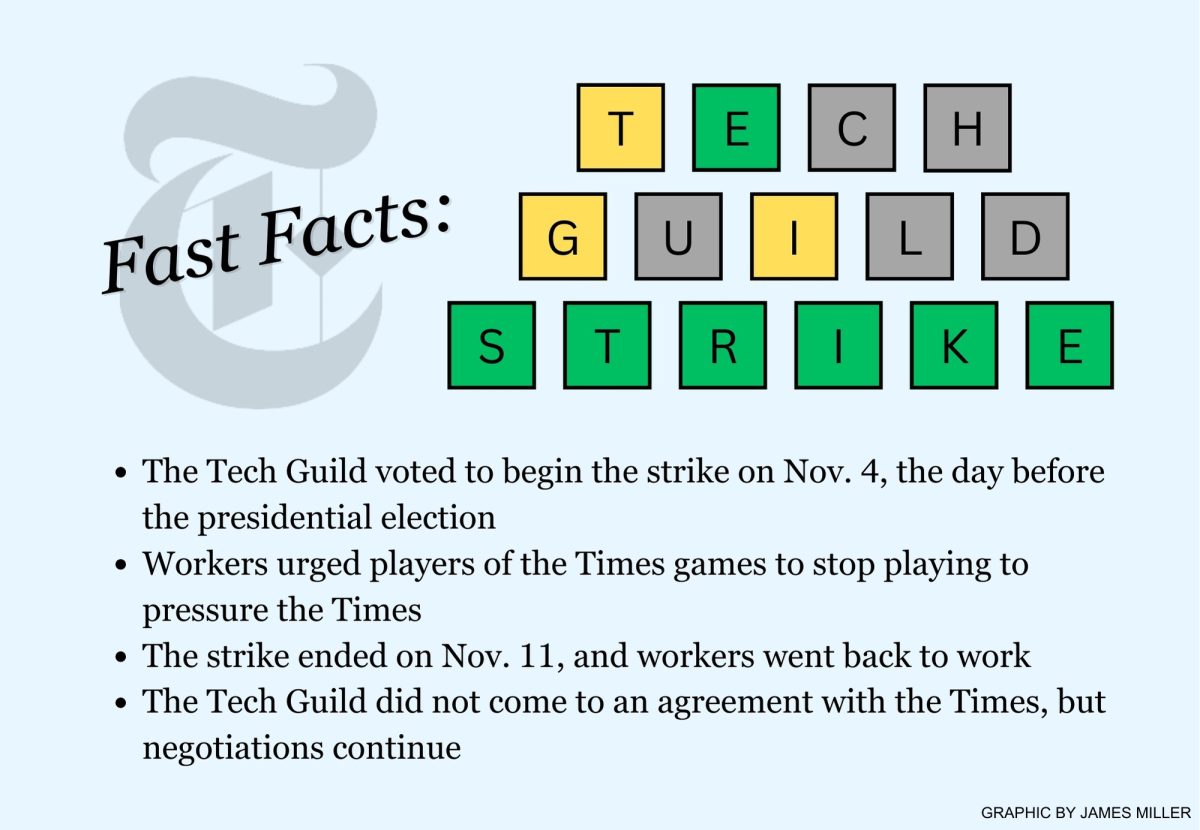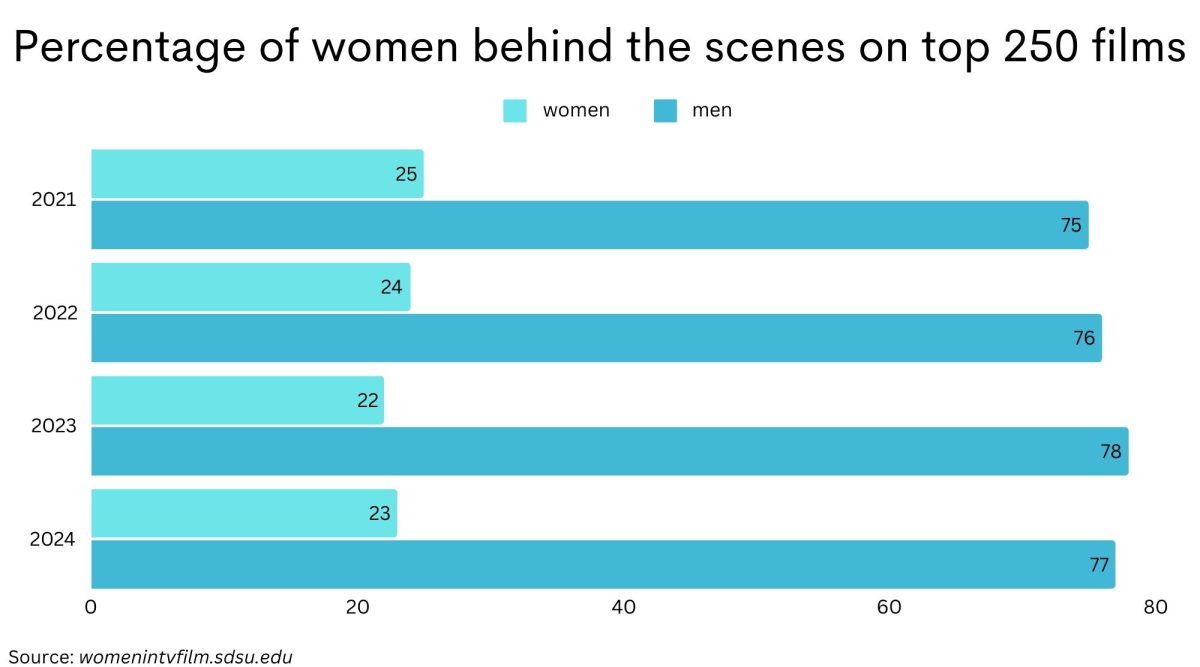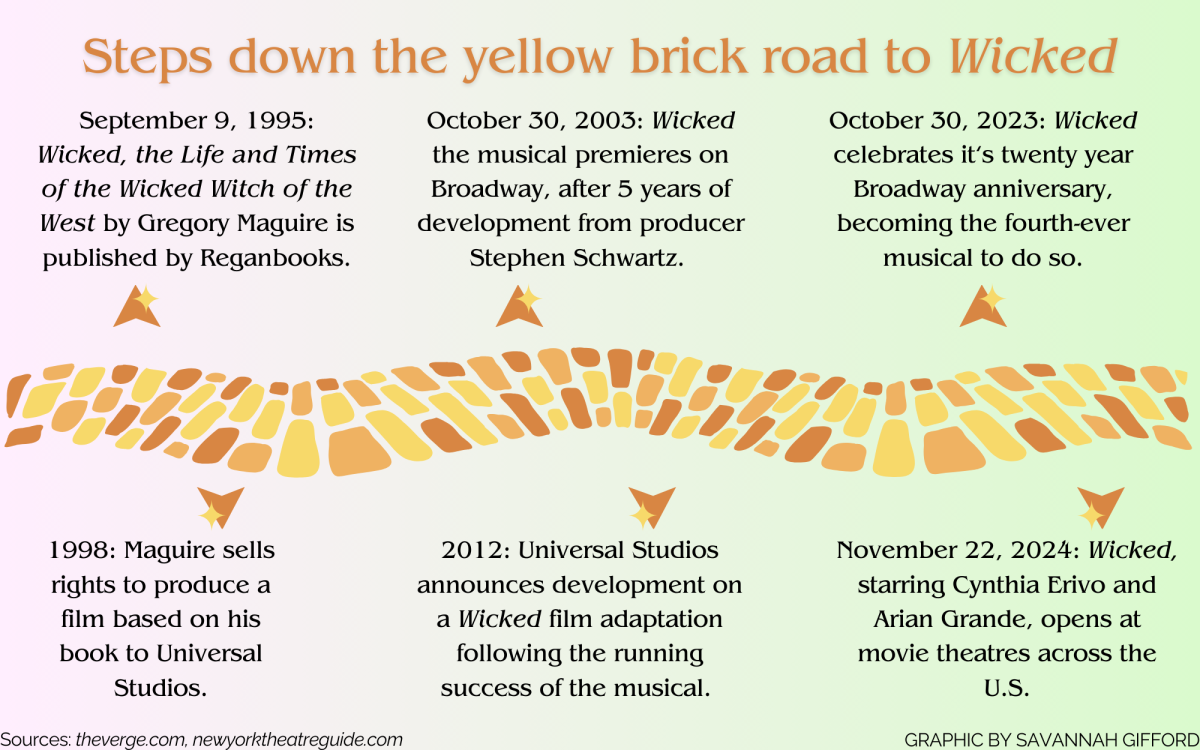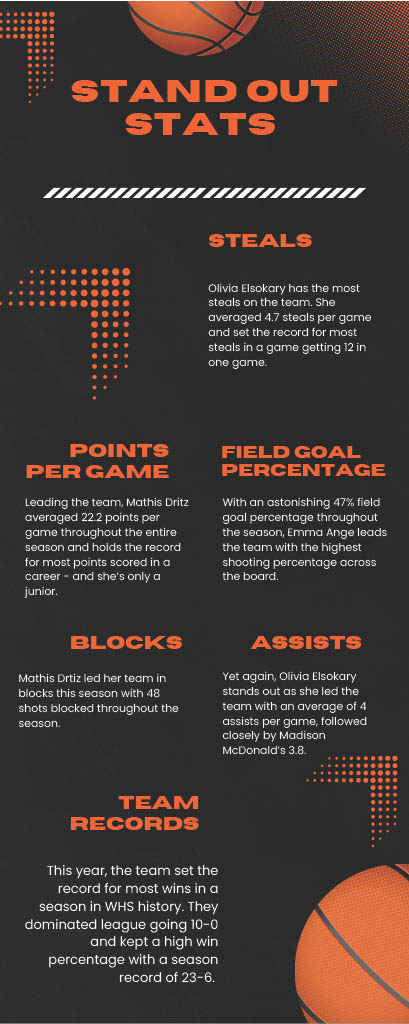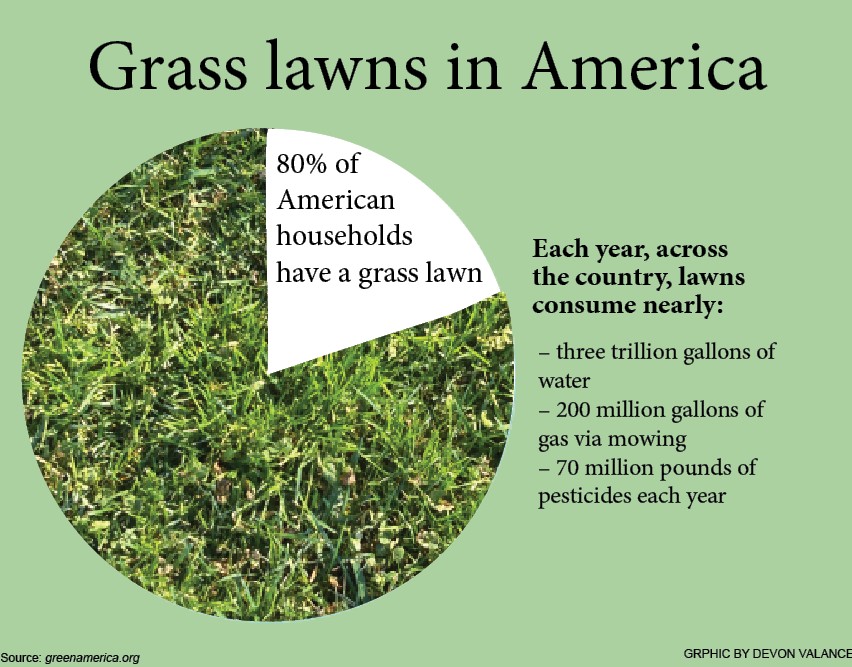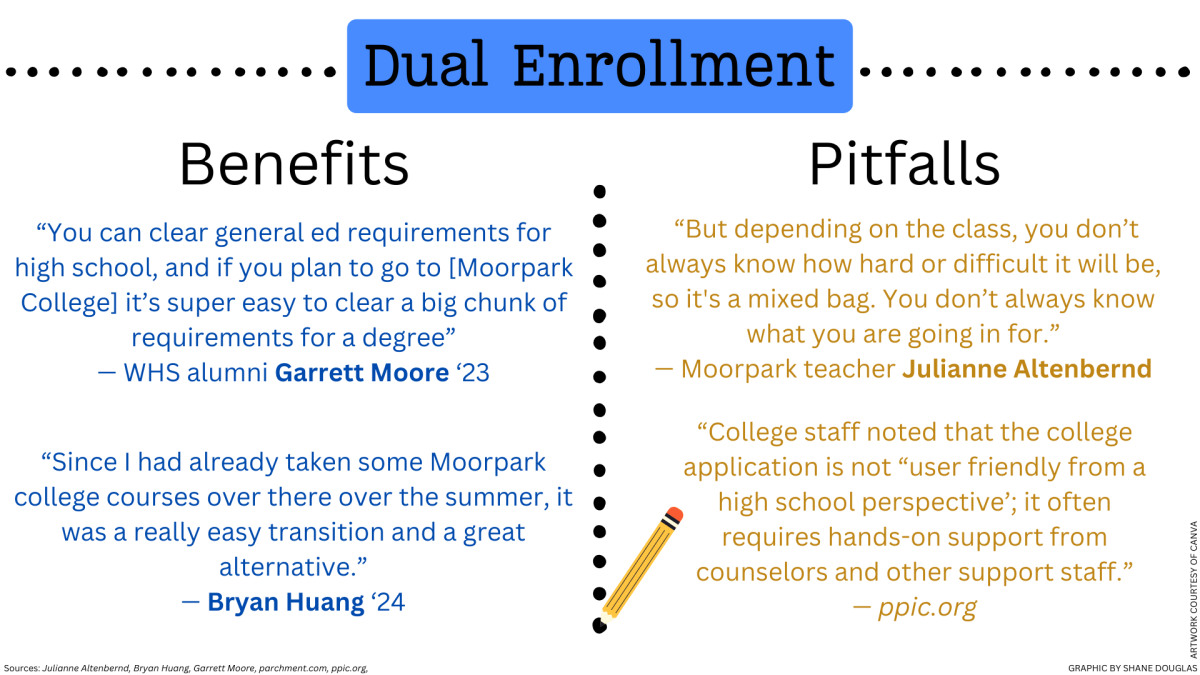Dual enrollment offers an opportunity for high school students to enroll in college coursework, allowing students to transfer credits toward both a high school diploma and potentially a college degree. While many students and educators praise its rising popularity nationwide, others have expressed their concerns.
WHS currently offers three dual enrollment courses on–campus, working in cooperation with Moorpark College. As of the 2023–24 academic year, WHS offers Introduction to Business, English Composition and English Literature courses. Many students also choose to take dual enrollment courses remotely.
“I think it brings a lot of different types of students together because it is advertised pretty well by [WHS] to a lot of different students, so its not turning anyone away as much as AP [English Literature] might be doing,” said Bryan Huang ‘24, who transferred from AP English Literature to both of Moorpark’s semester–length English courses: English Composition and English Literature. “I’ve met a lot of different types of friends there.”
A primary factor in the rise of dual enrollment is the increasing cost of higher education. Through dual enrollment, students may be able to transition more easily into a relatively low–cost community college, having already completed some required coursework while in high school. They can then transfer to a four–year college after having saved money by not initially going to a four–year college.
For students hoping to enroll directly into a four–year college, however, taking dual enrollment coursework can sometimes be used by students to determine how difficult college–level coursework is, so students may be more prepared for higher education coursework after high school.
“Some of the teachers at community college teach more high school style, and some of the teachers teach more four–year university style,” said Julianne Altenbernd, Moorpark College English Composition and English Literature professor teaching on WHS’s campus. “You get both at the community college, so it’s a good middle ground for high school students. But depending on the class, you don’t always know how hard or difficult it will be, so it’s a mixed bag.”
While the California Community College system grants University of California (UC) and California State University (CSU) transferable credits, one should not assume that coursework will be transferable. College coursework taken during high school may not transfer to many schools outside of California that do not have a relationship with the California Community College system.
“For out of state schools not accepting dual enrollment credits, I don’t really see it as concerning, simply annoying,” said Garrett Moore ‘23, WHS alumni who graduated from WHS a year early and is planning to graduate with an associates degree from Moorpark College spring 2024. “Colleges all have their own way of accepting the classes, and I see it the same as a college only accepting a certain number of AP classes as credits.”
AP credits may be a safer alternative for transferring college credit out–of–state. Even in–state, however, college–level credits taken in high school do not always transfer, so students should be mindful of the possibilities that their college–level coursework — whether that be dual enrollment or AP scores — may not transfer to a four–year university.
“I got a 5 on [statistics].” said Sophie Atkins ‘23, WHS alumna and current UCLA student. “I didn’t get credit for intro statistics even though, for example, [a 5 in AP Psychology] got me out of intro psychology, so I had to take intro statistics to get into psychological statistics this quarter, even though they’re basically identical in content, and it’s all review for me.”
Whether or not students decide to take dual enrollment courses is a personal choice, but students should be mindful of past and present students’ experiences and recommendations — both the supposed pitfalls and benefits of dual enrollment — before they decide whether to pursue college coursework while attending high school.
“[Dual enrollment] programs can give you an added advantage in the college admissions process by preparing you for the rigors of college coursework and awarding you credits that count toward your degree,” according to bestcolleges.com. “At the same time, dual enrollment can take time away from the high school experience.”



